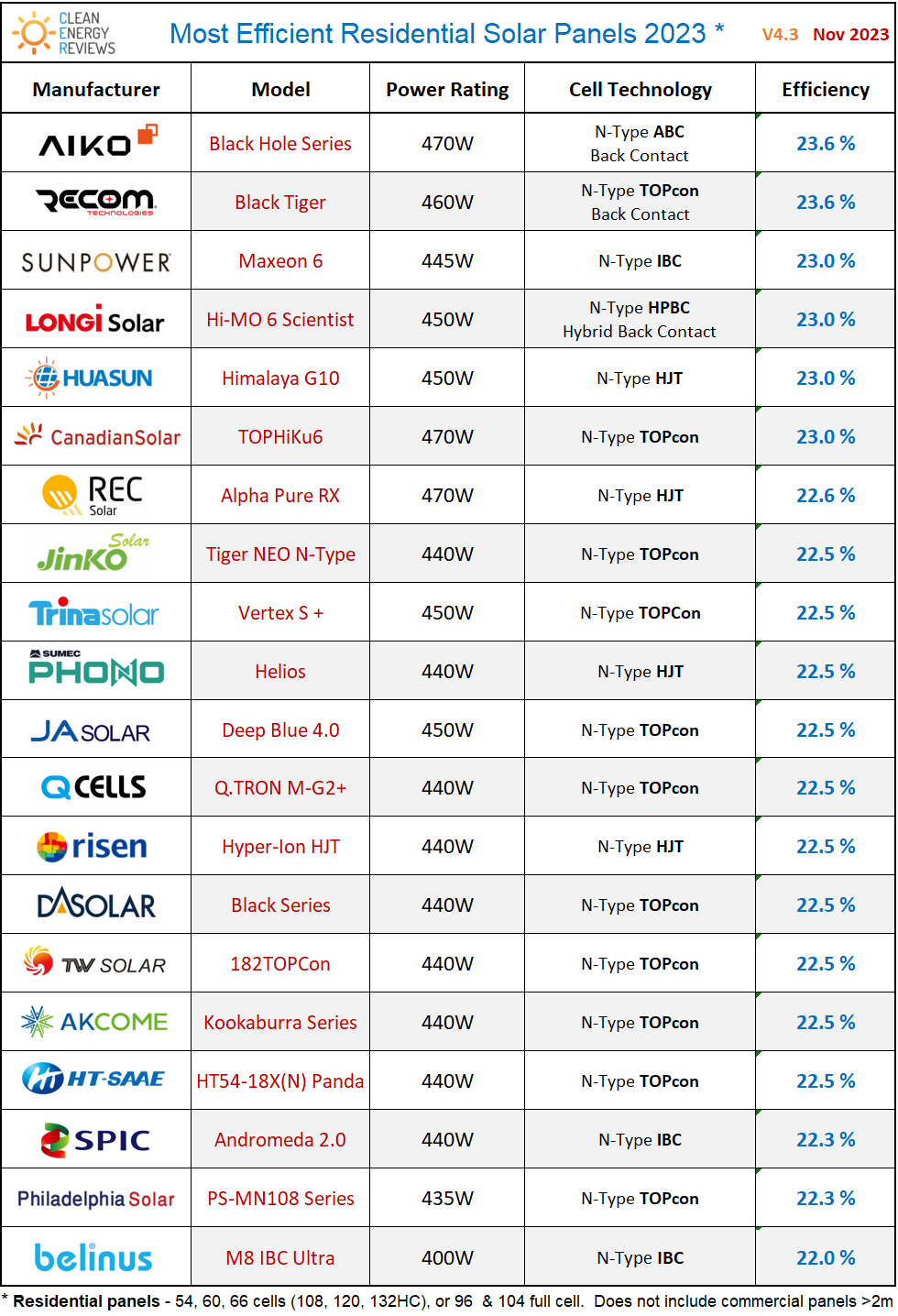
Unleashing Innovation: The Power of Efficient Solar Panels
Efficiency is the cornerstone of progress in the realm of solar energy, and efficient solar panels are at the forefront of this revolution. This article explores the significance of efficient solar panels, their technological advancements, and the pivotal role they play in maximizing the harvest of renewable energy.
The Evolution of Solar Panel Efficiency
Efficient solar panels represent a significant leap forward in the evolution of solar technology. Traditionally, solar panels had lower efficiency levels, converting a smaller percentage of sunlight into electricity. However, advancements in materials, engineering, and manufacturing processes have led to the development of highly efficient solar panels that boast conversion rates previously deemed unattainable.
High-Efficiency Photovoltaic Cells: The Building Blocks
At the heart of efficient solar panels are high-efficiency photovoltaic cells. These cells, often made of materials like monocrystalline or polycrystalline silicon, are engineered to capture and convert sunlight into electrical energy with remarkable precision. The optimization of these cells is a critical factor in enhancing the overall efficiency of solar panels.
Tandem Solar Cells: Doubling the Impact
Tandem solar cells are a groundbreaking innovation in the quest for efficiency. These cells stack multiple layers of photovoltaic materials, each tuned to capture a specific segment of the solar spectrum. By doing so, tandem solar cells can achieve higher efficiency levels by maximizing sunlight absorption and energy conversion across a broader range of wavelengths.
Bifacial Solar Panels: Harnessing Sunlight from Both Sides
Efficiency isn’t just about the materials; it’s also about how solar panels interact with sunlight. Bifacial solar panels take advantage of sunlight striking them from both the front and rear sides. These panels can capture reflected sunlight from surrounding surfaces, further optimizing energy production and making them a valuable addition to certain environments.
Thin-Film Solar Technology: Lightweight Efficiency
Efficient solar panels don’t always have to be bulky. Thin-film solar technology involves depositing thin layers of semiconductor materials on a substrate. While these panels may have lower efficiency compared to traditional ones, they make up for it with flexibility, lower production costs, and the ability to be integrated into various surfaces, expanding the applications of solar energy.
Tracking Systems: Following the Sun’s Path
Efficiency is not only about the inherent properties of solar panels but also how they interact with the sun throughout the day. Solar tracking systems, whether single-axis or dual-axis, dynamically adjust the orientation of solar panels to directly face the sun. This constant alignment ensures maximum exposure to sunlight, optimizing energy capture and enhancing overall efficiency.
Quantum Dots: A Quantum Leap in Efficiency
Nanotechnology brings forth quantum dots, tiny semiconductor particles that exhibit quantum mechanical properties. Integrating quantum dots into solar panels can enhance light absorption and energy conversion efficiency. This innovative approach holds the potential to push the boundaries of solar panel efficiency even further.
Real-world Applications: Efficiency in Action
The true value of efficient solar panels shines in their real-world applications. Homes, businesses, and large-scale solar farms all benefit from higher efficiency, as it translates to increased energy production, faster return on investment, and a more sustainable energy ecosystem. The adoption of efficient solar panels contributes to a cleaner and greener planet.
Environmental Impact: Efficiency and Sustainability
Efficient solar panels not only impact energy production but also contribute to environmental sustainability. Higher efficiency means fewer solar panels are needed to generate the same amount of electricity, reducing the overall environmental footprint associated with manufacturing and installation. This dual benefit of efficiency aligns with the broader goals of a sustainable energy transition.
Embracing the Future: Efficient Solar Panels
In conclusion, efficient solar panels stand as beacons of innovation, propelling the world towards a more sustainable and energy-efficient future. From advanced photovoltaic cells to innovative technologies like tandem cells and quantum dots, each step forward in efficiency brings us closer to unlocking the full potential of solar energy. To delve deeper into the world of efficient solar panels, visit Efficient solar panels and discover how they are shaping the future of renewable energy.
